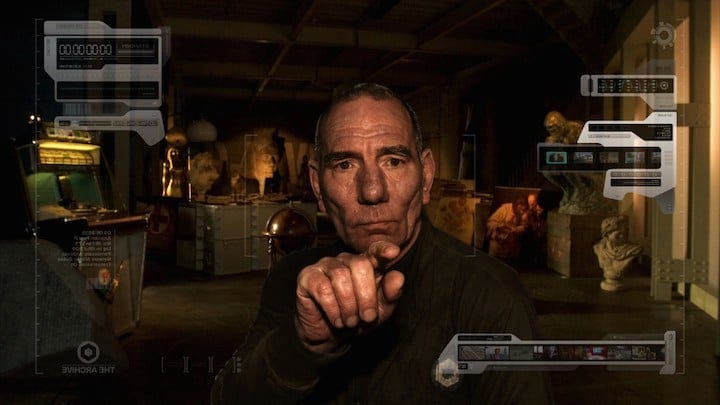How to Set a Documentary in the Future

In Charles Dickens’s A Christmas Carol, the final spirit that visits Ebenezer Scrooge is the Ghost of Christmas Yet to Come. This spirit shows Scrooge visions of a future, if not the future. Mainly the horror is that Scrooge has died and everybody was happy about the fact, but it’s not just a bad future for the one old miser. Tiny Tim has also died as a…
Keep reading with a 7-day free trial
Subscribe to Nonfics to keep reading this post and get 7 days of free access to the full post archives.



